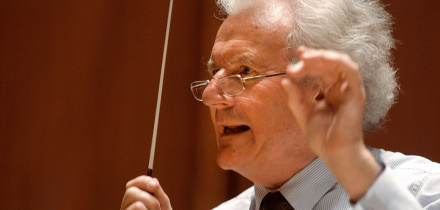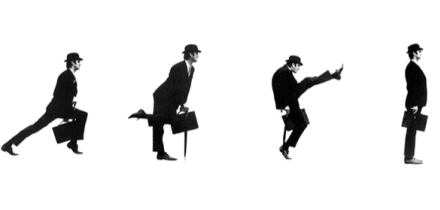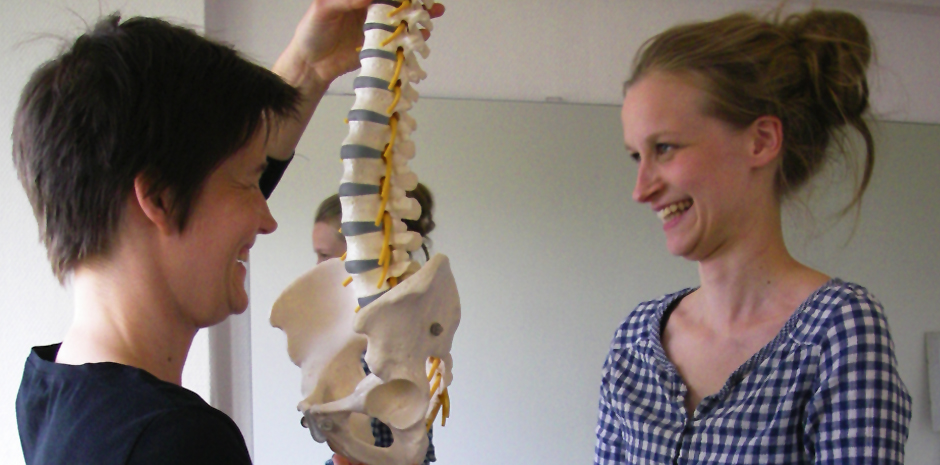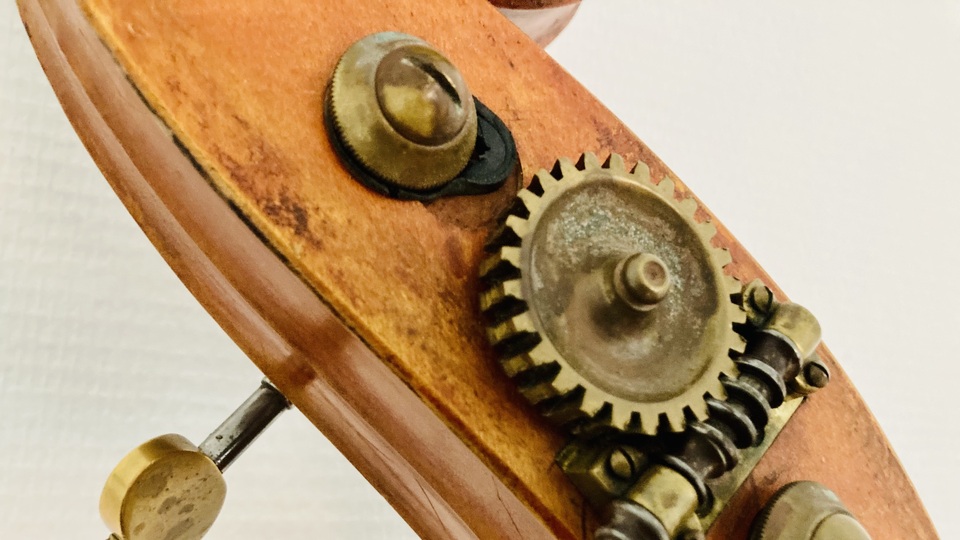The Alexander Technique is well known amongst musicians and performers. It is taught in most music conservatories and theatre schools worldwide, with many learning it during their professional studies.
One of the reasons why AT has earned it’s firm role in the world of arts and sports, is because when applied to performing an act of art or sport, one can recognise the benefits of the AT immediately.
"Optimum muscular effort"
In order to perform an activity well, one needs just the right amount of muscular effort. This will in turn optimise the speed, preciseness and subtle movement in a performance. However it can often be difficult to judge what the "optimum muscular effort" is and how to find it?
The Alexander Technique helps with these questions and shows how to release excessive tension and have the required tone for certain muscles.
Reaching a goal
Rehearsing and training without a clear idea of the desired result is not only difficult, but can quickly turn into mindless repetition. Practising without wanting to directly reach an end result is a task that requires advanced skills and knowledge.
The AT helps one to find ways of how to stay in the moment and in contact with one’s mind and body. The techniques can be applied in practising as well as in performance, concert or competition.
Public speaking, management
The same techniques that are used by top performers in art and sport are beneficial to anyone who needs to “keep ones cool” in any situation in life and business.

"Forty years ago, after one of my concerts, Adrian Boult told me that if I continued to conduct like that I'd become a cripple, and that I must take lessons in the Alexander Technique. Today I am still having lessons - as with music, there is no end to the learning process. It affects not only the use of the body, but also one's views of oneself and one's behavior. For the aches and ills that come with the years, the Technique can work miracles."
Sir Colin Davis, conductor

“I find the Alexander Technique very helpful in my work. Things happen without you trying. They get you to be light and relaxed. You must get an Alexander teacher to show it to you."
John Cleese, Actor, Comedian, Ministry of Silly Walks

Alan Rickman described using the Alexander Technique to produce a "balanced sense of tension rather than relying on creating tension to do something in order to produce a sound or an act that is preconceived.”
Alan Rickman, actor and director (1946 – 2016)
More information about AT lessons for musicians







